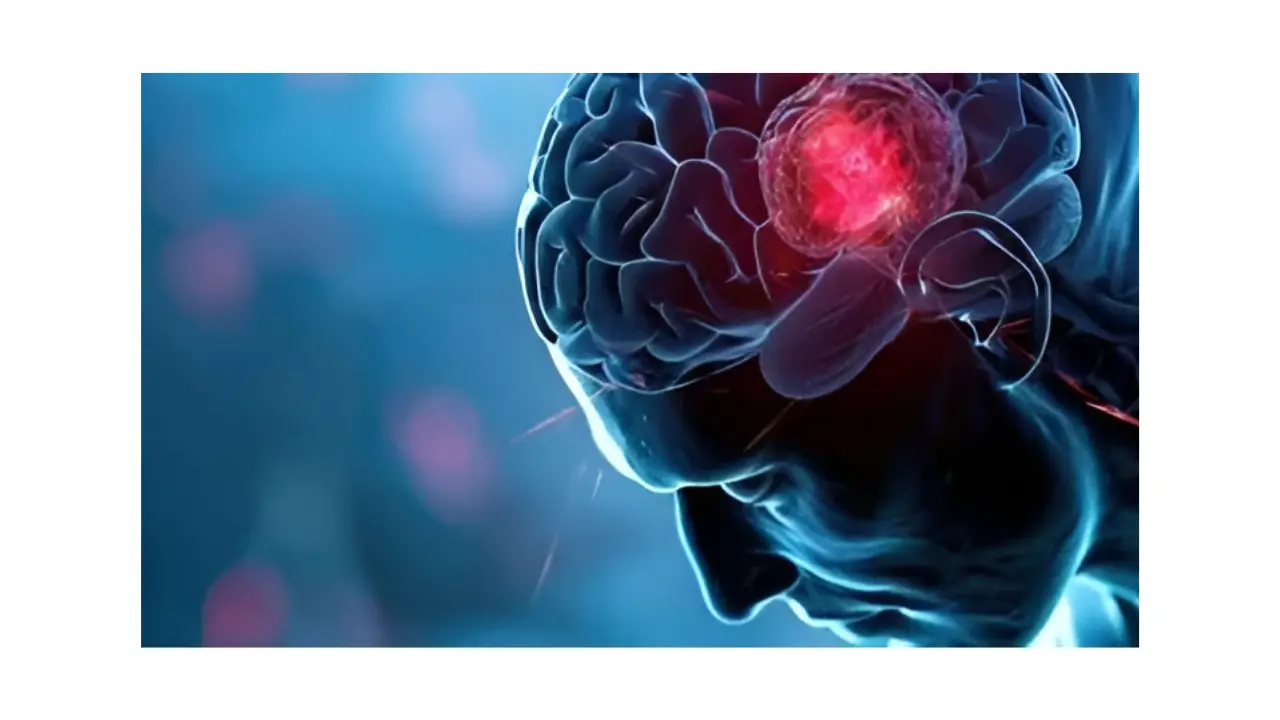A brain tumor is an abnormal growth of cells in the brain. It can be either benign or cancerous. Brain cancer is a type of brain tumor, but not all brain tumors are cancerous. This tumor can grow from the brain tissue or spread to the cancerous brain from somewhere in the body. Treatment options for brain tumors depend on the type, size, and location of the tumor. The symptoms of benign brain tumors develop gradually. Whereas the symptoms of malignant brain tumors appear suddenly and get worse rapidly, Learn more about brain tumors.
Information about brain tumors (brain tumor)
According to Healthline, benign brain tumors can cause many serious problems. But it’s not cancer. This means that it can grow slowly and usually does not spread to other tissues. A malignant brain tumor can be cancerous, grow very fast and spread to other parts.
Types of brain tumors (brain tumor types)
Brain tumors begin in the cells that make up the brain and central nervous system. There are more than 100 types of brain tumors. The most common types of brain tumors in adults are:
- Gliomas (Gliomas)
- meningioma (Meningiomas)
- Shvanomaj (Schwannomas)
- Pituitary adenomas (pituitary adenomas)
- Symptoms of brain tumors (brain tumor symptoms)
Brain tumor symptoms depend on the type, size, and location of the tumor. Some of its symptoms are as follows:
- Headache, which can be severe
- tour
- Difficulty in thinking, understanding, and speaking
- Change in personality
- weakness or paralysis in one part of the body
- dizziness
- Difficulty in seeing and hearing
- Nausea or vomiting
- Numbness or tingling in the face
- Anyone experiencing these symptoms should seek medical attention immediately.
- Causes of brain tumors (brain tumor causes)
The exact cause of the brain tumor is not known. Nor is it known how to prevent primary tumors that start in the brain. People who are most at risk of developing a brain tumor include:
- There is cancer anywhere in the body.
- Long-term exposure to pesticides, industrial solvents, and other chemicals.
- Hereditary diseases, such as neurofibromatosis.
Treatment of brain tumors
The treatment of a brain tumor also depends on the type, size, location, and health of the patient. The most common treatment for malignant brain tumors is surgery. Its purpose is to remove as much cancer as possible without damaging healthy parts of the brain. Risks associated with brain surgery include infection and bleeding. Clinically dangerous benign tumors are also removed by surgery. This surgery can be combined with other treatments, such as radiation therapy and chemotherapy.
Physical therapy, occupational therapy, and speech therapy can help the patient recover after neurosurgery.





